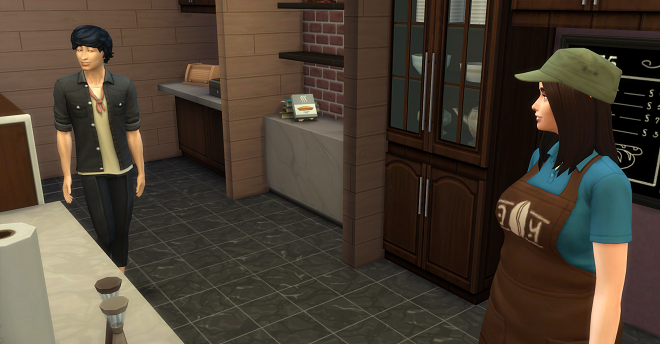
Max Culper ran the Culpepper Café, otherwise known as “The Café at the End of the World.” The name held no special distinction, for every place in this town, even the town itself, was referred to as being “at the end of the world.”
It felt like the end of the world here, partly because it sat on the coast, so, literally, at the edge of the continent.
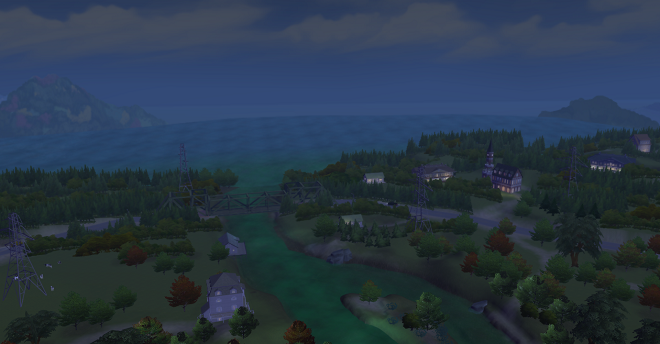
And partly because the borders not surrounded by sea were surrounded by pastures, which fell into forests, which ran up to mountains, and so, tucked into this tiny town, we felt cut off from everything, everywhere, and everyone else.
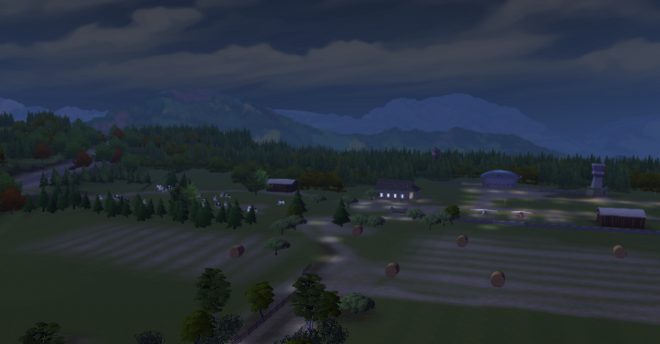
Mostly we felt we perched at the end of the world because, quite simply, most of the county would be underwater when the climate-change lottery rolled our number. The town stood a few feet, at most, above sea level, waiting like a culvert to be flooded by the predicted ten-to-fifteen foot rise in sea level that could happen anytime in the next one to five decades. Once Pine Island Glacier melted, the café, the town square, and the miles of boardwalk would be frequented by fish. Only the lighthouse would remain, shining its beam across the wide sea.
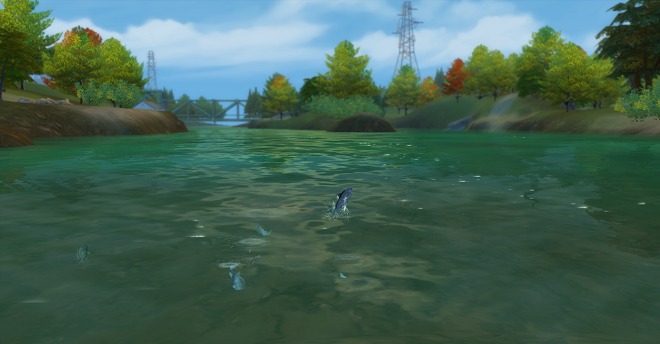
This last-chance feel to the region attracted me. Once the insurance companies cancelled flood-hazard coverage to most of the property in the county, established families moved out and folks like me moved in. We trucked in a Bohemian jive to this isolated burg that, when I arrived, boasted more cats and dogs than people.
The exodus of regular-types also made it easy for me to get a job at the café.
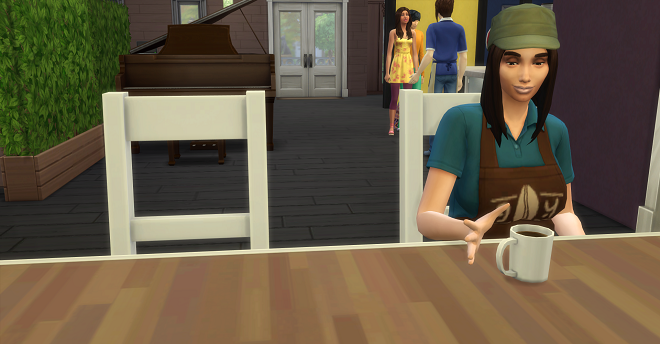
The position suited me fine. Fresh out of college, I was in no hurry to start a typical career. I had a novel I had to write. And if that took off, then maybe I’d never have to get the style of job my parents wanted for me, the kind where I had to wear a suit, stride in sensible shoes, and carry a briefcase. I liked my café apron and Che Guevara cap better.
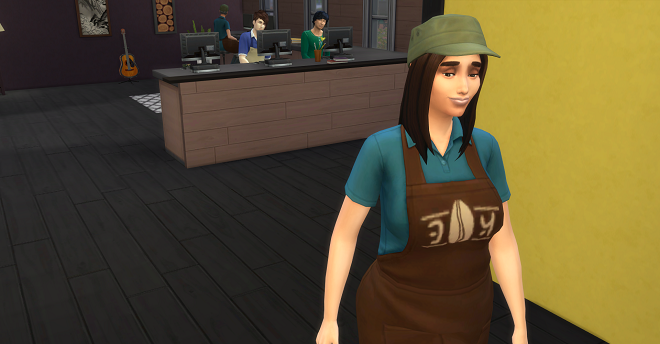
My schedule afforded long uninterrupted stretches for writing, and even during my shifts, while a wrinkle in my frontal lobe calculated the details of filling orders, the plot-lines of my novel freely grazed the vast plains of my parietal lobe. It was an intricate and highly problematic story, which had to do with woolly mammoths and the end of the ice age. Climate change and global extinctions fascinated me, and what better way to find the resilience needed to face head-on the looming catastrophes of the present than by spinning tales about the disasters of the past?
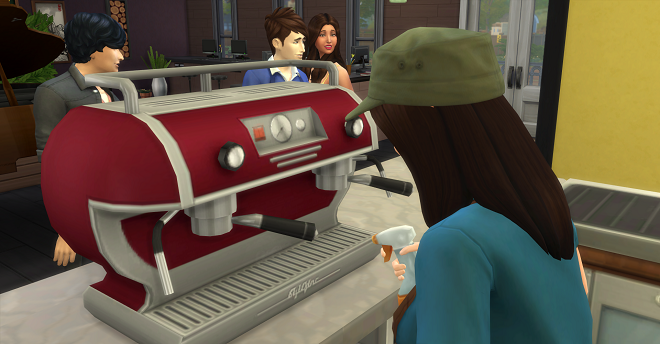
For a writer, working at a café also delivered plenty of time for people-watching and plenty of quirky people to watch. We attracted an eclectic, offbeat group of regulars. Most of them lived in other towns, but thanks to low lodging rates, this was a favorite getaway destination.
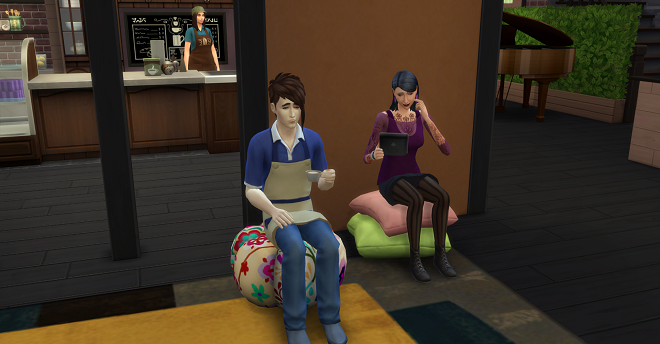
Of course, better than all those perks was working for Max.
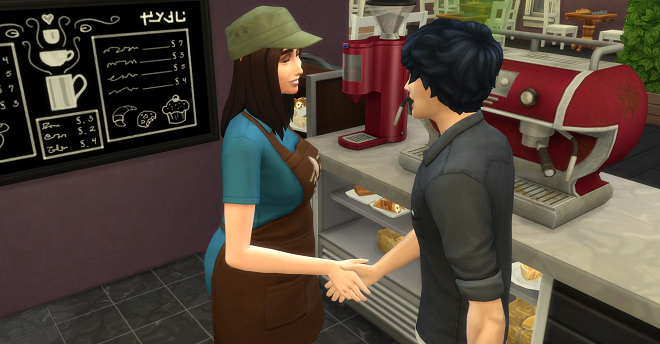
I correctly predicted the moment I met him that I’d fall for him. He was my type: mop-top hair; lean, graceful build; bedroom eyes; pouty lips; and so, so gay.
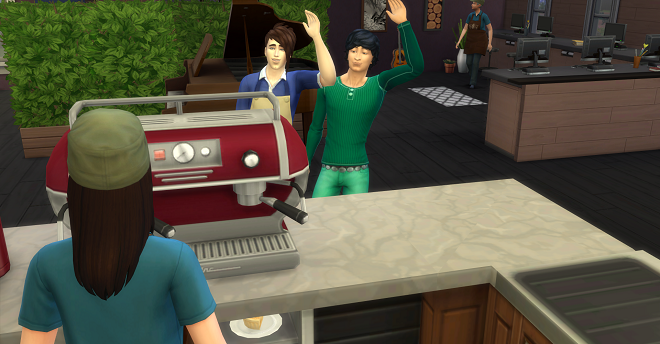
It wasn’t just the mannerisms–I’d learned to watch the gaze. His never fell on me.
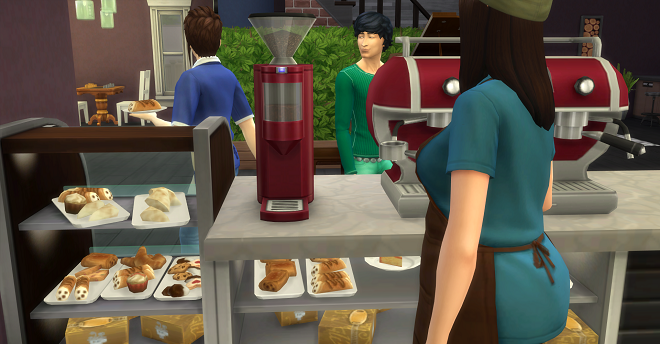
Since high school, I’d made a practice of falling for gay guys. It was easier, frankly. Unrequited, I could enjoy the excitement of butterflies and giggles without ever venturing into the marshlands of reciprocity.
Max and I became instant friends, and what did it matter if one of us happened to get a rush off the other? I wasn’t using him. Or, OK, maybe I was. But I kept my habit to myself, so no harm done. At least, that’s how I rationalized it. To make up for it, I was the best employee I could be.
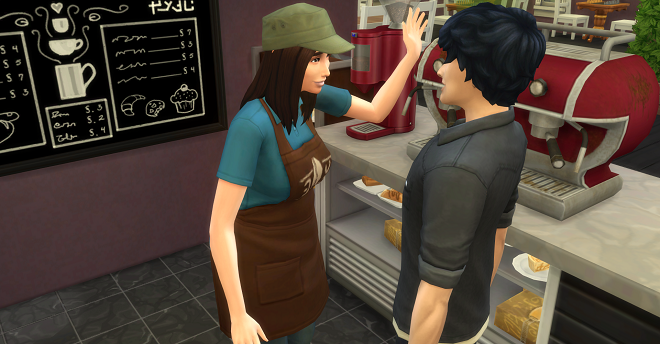
Max lived above the café. I lived in the neighborhood, and most nights, my evening walk took me past the Culpepper Café. I used to stand at the edge of the plaza, looking up at the windows, trying to guess what rooms lay behind which and hoping for a glimpse of my employer standing before any.

I tried to time my arrival to work to get there when he was returning from his early morning walk. I liked to watch him enter the building.
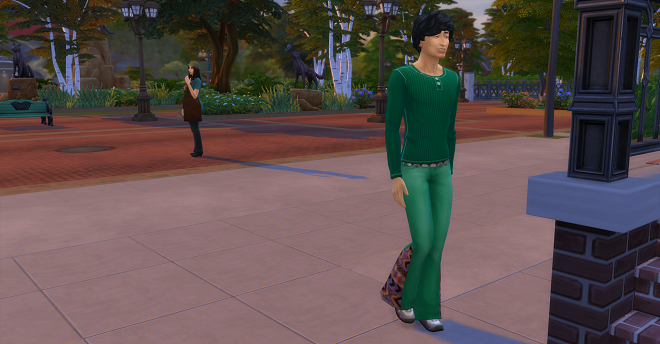
If I was lucky, he’d stop to talk before heading back to the office nook. But even if he didn’t, if I craned my neck, I could catch him concentrating at the computer.
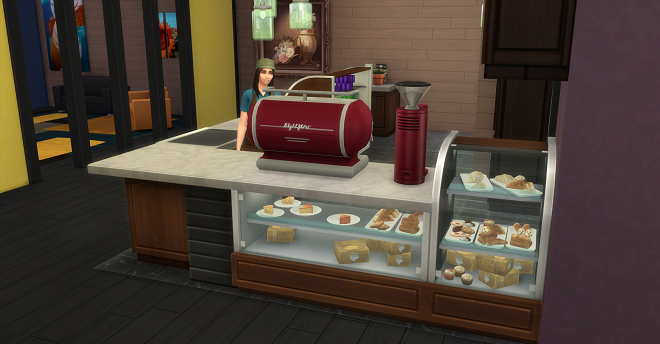
I had no idea back then what made his brow furrow. I thought it was the stack of bills on his desk, the rising cost of coffee beans as more and more fair trade coffee farms succumbed to slash-and-burn economies, or the reliance on child labor in the chocolate industry.
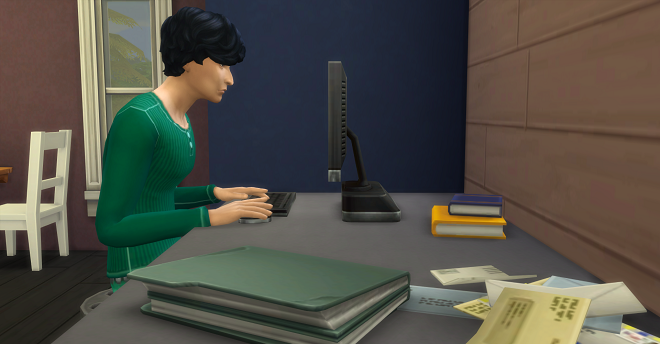
I wanted, even back in those early days, to get to know him well enough that he might confide his worries to me.
My coworker Anya knew him well. “Since he was a little tot,” she said. I pressed her for information, but she revealed nothing.
“There’s a reason he trusts me enough to let me work here,” she said, “and loose lips aren’t why.”
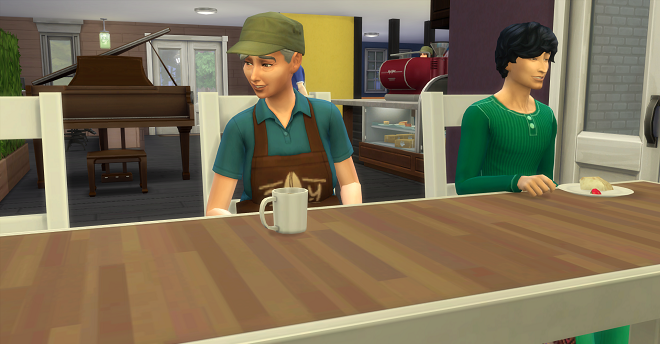
When my shift was slow, I’d sometimes watch him glide through the café with his ballet-dancer’s long strides. As he approached my station, I’d think through a dozen things I might say to build trust between us. I could be a good confidant.
But in the end, every time, when I saw his enigmatic grin, words would flee and I’d smile dumbly back.
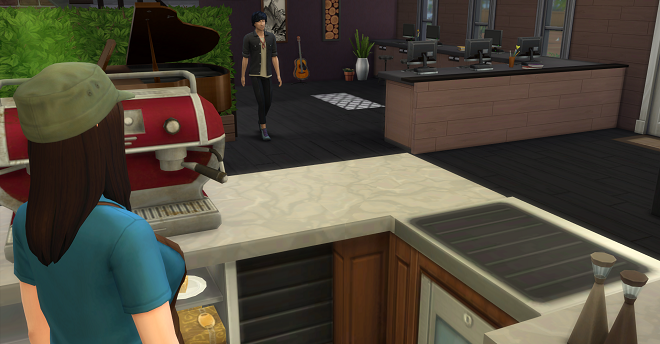
After all, a good mystery was the best incentive of all to staying motivated at this job, and back then, keeping that job had become paramount to me.
Author’s note: This is the first chapter of Lighthouse, the sequel to Septemus, My Son.
